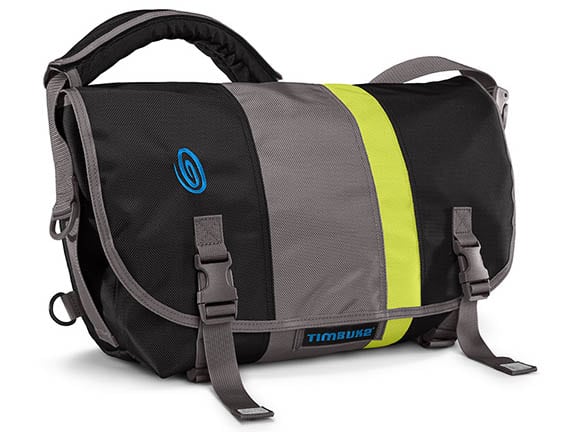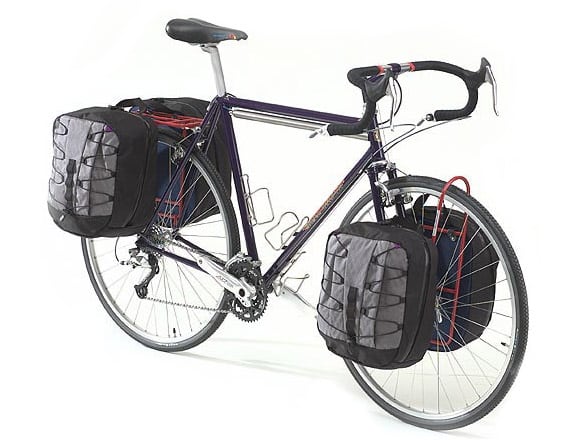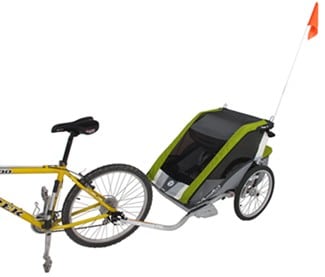As you explore survival community topics, you’ll find a wide variety of situations including economic collapse, viral epidemics, solar EMPs, etc. With each situation, people are preparing in a variety of ways. The one scenario that has the most credible evidence by experts throughout the field is economic collapse. While people are preparing by storing food, water, and other essentials, I see “bugging out” as an incredibly popular topic…but how practical is it? In this article, I explore some more practical considerations as to what an economic collapse will be, and why bugging out may not be a reality until later stages of the collapse.
In this video, Greg Hunter of USA Watchdog is interviewing John Rubino – a market investor, author of “The Money Bubble” and creator of www.dollarcollapse.com. Considering the collapse, John sees it going one of two ways – Deflationary crash or hyper inflationary currency…both of which are detrimental to The People. Refer to 4:18
Choosing a Bicycle
How much can you carry?
- Small loads – Use a messenger bag
- Medium loads – Panniers (saddle bags) rear, front or both
- Large loads – Child carrier or other trailer
Stock up on spares & tools
Some of the most important hard goods that will deteriorate on a bicycle are tires, tubes, handlebar tape (depending on bicycle type), and chain. Purchase extras of each of these. Additionally, its good to have extra chain lubrication and tube patches.
For tools, take a look at the advanced Park Tools Bicycle Kit. Even if you do not purchase the kit, find cheap alternatives to the items listed and start your own tool bag. Additionally, have some mobile tools for when you are on the road. This Crank brothers multi-tool is one I own and has been very good to me. Also have some tire levers and tube patches.
Obtain knowledge and develop skills on how to maintain and fix bicycles
The best source to obtain hard copy training for bicycles is BicycleTutor.com. For $40, you can purchase a DVD set that explains all the most common mechanical processes for the bicycle.
ENJOY!
Besides preparing, bicycling is an incredibly enjoyable activity! There is a cost associated with all these items, but when you pair it up with a hobby / leisurely activity mindset, it is more manageable.






